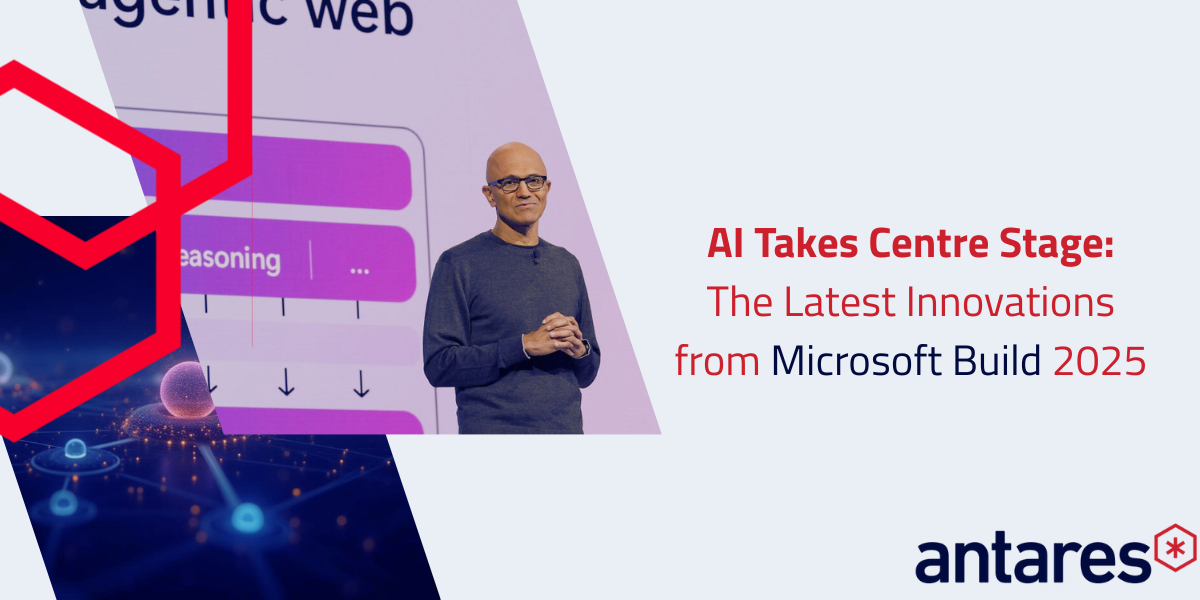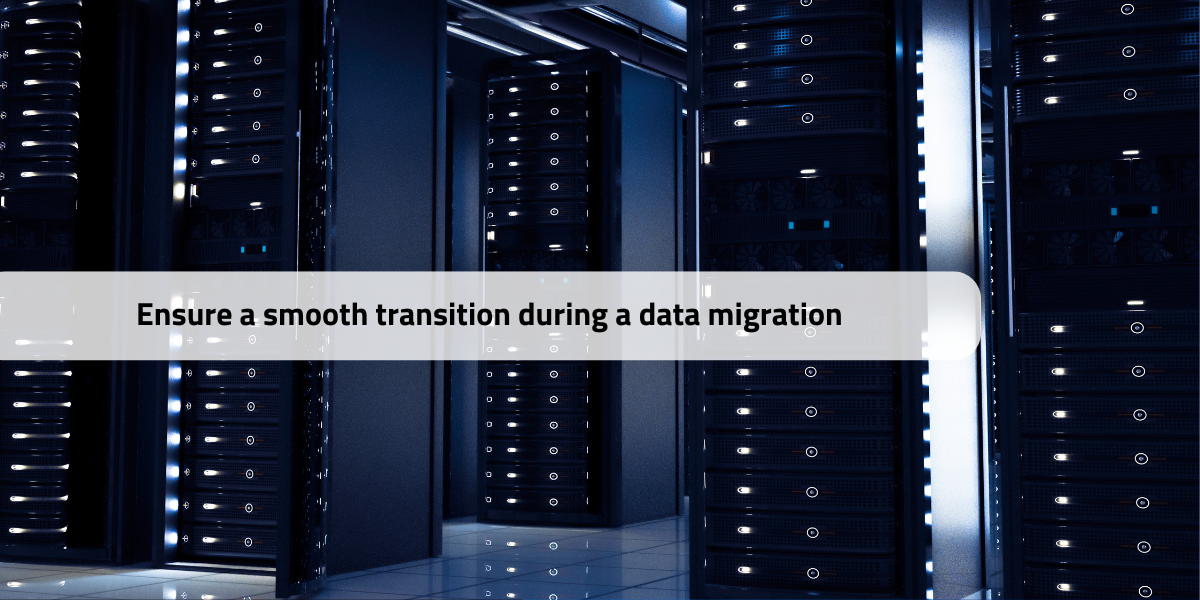
Industry Insights
Why DataOps is the Secret Ingredient for Data Analytics Success

Fayaz Beigh
Consultant Data & AI
April 13th, 2021
If you work in data or analytics, chances are you've heard of DataOps. Bringing together elements of DevOps, Agile and Lean methodologies, it's a set of data management processes and practices that emphasises communication between analysts, data managers and data consumers. We are in an era of data explosion, according to the 2020 Data Attack surface report, total global data storage is expected to exceed 200 zettabytes by 2025. However, even with this enormous amount of data, present day analytics fail to deliver the promised value. One of the major reasons is that insights generated by data are not translated quickly enough to meet business needs. DataOps can help change this.
The COVID-19 pandemic has reinforced DataOps' incredible business value, especially when it comes to accelerating the generation of quality data insights. Organisations and government agencies are realising the tangible benefits of switching to DataOps, including:
- Faster projects
- More accurate data
- Improved collaboration
If you're not applying DataOps on your own data projects, here's why it might be time to reconsider your approach.
DataOps in a nutshell
DataOps is an agile process-oriented methodology specifically for data and analytics teams. It supports faster completion of data and analytics activities and higher quality data outputs. Some of the defining features of DataOps are:
- DataOps is collaborative and cross-functional: A DataOps approach puts data at the centre and closely manages the intersections with software engineering, business, and data science. It recognises the importance of having the right skillsets in the team and aims to build connections between technical specialists and people with (non-technical) domain expertise.
- DataOps emphasises communication: A DataOps approach brings data engineers, data scientists, software developers, and data consumers together, with a focus on achieving clear and effective communication between all players.
- DataOps leverages other methodologies: While DataOps integrated principles from DevOps, Agile and Learn, the methodology is more than the sum of its parts.
- DataOps is built for data and analytics projects: Unlike other methodologies, DataOps has a range of specific processes and principles for handling data across all stages, e.g. pipelines form an integral part of data analytics, they process raw data through a series of transformations. DataOps manages this orchestration by implementing a very powerful lean-manufacturing tool called Statistical Process Control (SPC). SPC ensures pipeline characteristics are monitored and statistically significant.
- DataOps is an evolving methodology: The DataOps methodology has taken time to develop and will continue to evolve into the future. There is broad acceptance that DataOps is a dynamic framework that needs to keep pace with constant change in business and technology.
Why use DataOps?
Data and analytics teams are reaping the benefits of a DataOps approach - and so are the business customers and data consumers that they serve. DataOps play an essential role in shortening cycle times, increasing data accuracy, and improving customer satisfaction on data and analytics activities.
Other benefits include:
- Faster development: DataOps streamlines processes across all stages of the data management lifecycle and incorporates continuous testing and delivery into projects. This reduces cycle times for data and analytics development.
- Earlier access to data insights: In line with Agile and DevOps approaches, DataOps continuously moves code from development to production, as opposed to waterfall approaches that build, test, and release as sequential activities. it provides data scientists and business customers rapid access to valuable insights.
- Increased data accuracy: DataOps increases the accuracy of data analysis by automating processes that can lead to errors and defects, as well as through its focus on continuously checking for accuracy and repeatability.
- Improved communication: Miscommunication and misaligned expectations between software developers, data scientists, and business customers are among the most common challenges in data and analytics activities, with potentially serious consequences for project timeframes and outcomes. DataOps promotes effective communication and collaboration and putting the customer first.
Why aren't more companies using DataOps?
It's understandable to hear skepticism about DataOps from those who are new to the methodology. If the benefits of DataOps hold true, why aren't more organisations taking advantage of it?
As an emerging methodology designed for the specialised field of data and analytics, plenty of organisations haven't heard of DataOps, haven't applied it in their own work, or haven't observed it in their own organisation. Learning and applying a new methodology can be daunting in the context of high workloads, low tolerance for risk and looming deadlines, but this doesn't negate the value of the DataOps methodology itself.
Alternatively, data and analytics teams may not have the organisational preparedness to implement DataOps on their projects. Unfortunately, implementing DataOps is more complex than creating a sandbox (as is the case for software development projects). Specific environments are required and business, technical, and data stakeholders across the organisation need to be on board with the approach. These challenges are definitely solvable, but require strong leadership and genuine commitment and buy-in.
Tips for success
If you’re thinking about trialing DataOps for your data and analytics projects, there are a few points to consider:
• DataOps is more than DevOps applied to data: It can be tempting to stick with DevOps for the benefit of the software engineering and app development teams that are already familiar with it. However, this creates a risk of falling short on machine learning and analytics projects in important areas like managing the flow of data through operations. A DataOps framework adds value through the way it considers the specific context of data and analytics projects beyond a DevOps approach.
• Keep your end goal in mind: Have a clear vision of what you want to achieve from a data project, the kind of data you want to use, and how it’s going to solve a business problem.
• Get the right people on board: DataOps has a strong human component, with a focus on ensuring that business knowledge and technical expertise is well represented in the team. A successful DataOps project requires genuine collaboration and communication across disciplines. This can be supported through roles such as Business Development Manager that creates charts on behalf of business that can then be translated into code or data questions.
• Plan for a DataOps approach from the outset: It’s difficult to successfully implement a DataOps approach part-way through a project or activity. Managers and teams should be engaged from the planning phase to ensure the methodology is understood and applied.
Getting started
The ideal time to get started with DataOps is when you’re planning a new analytics project or have a specific data product to deliver. With a defined outcome and an available dataset, DataOps can be harnessed effectively to create a solution.
At Antares, we can support you to establish a DataOps capability within your organisation. We can also partner with you in delivering a DataOps approach on a specific project. Our team of data analytics experts and business managers work with you to apply the DataOps framework in a flexible and collaborative way that leverages the data and analytics tools you already have in place. To find out more about how we can help you, contact us today.


